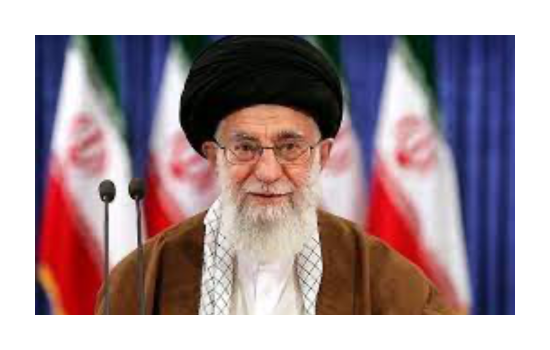Najmeh Bozorgmehr
Financial Times, May 14, 2024
“There is no private political circle untouched by discussions on succession, yet no individual’s profile aligns with that position.”
It was 20 years ago that Ayatollah Ali Khamenei felt God speaking through him. The experience took place during a cordial gathering between Iran’s supreme leader and approximately 20 commanders of the country’s Revolutionary Guards, Khamenei recalled earlier this year. After leading a collective prayer Khamenei found himself engaged in “warm and captivating” conversation with the military brass, while casually seated on a staircase in a courtyard.
It was then, he said, that “the Almighty God’s words flowed from my tongue”. Even in as pious a country as Iran, this admission was unusual, quietly prompting speculation within political circles about whether he was genuinely claiming a connection with God. No one dared to openly challenge him on this assertion. But the anecdote served to underscore Khamenei’s extraordinary religious authority, after more than three decades as the Islamic republic’s foremost spiritual and political leader.
“Ayatollah Khamenei holds the conviction that only through God’s blessings and [holy] unseen guidance has he successfully navigated numerous domestic and foreign threats throughout his leadership,” says a relative of the top leader. To his supporters, he is divinely ordained to govern, and it is his enduring connection with God that distinguishes him.
Yet Khamenei’s earthly journey, at the age of 85, is drawing towards an end and the question of who will succeed him is coming into sharper focus. In March, Iranians elected a new Assembly of Experts, a circle of approximately 90 senior clerics whose duties include appointing a new supreme leader. Many anticipate that this assembly could, during its eight-year term, be the one tasked with making this fateful decision. A pair of Iranian women pass a mural in Tehran featuring the present and former supreme leader.
… [To read the full article, click here]


